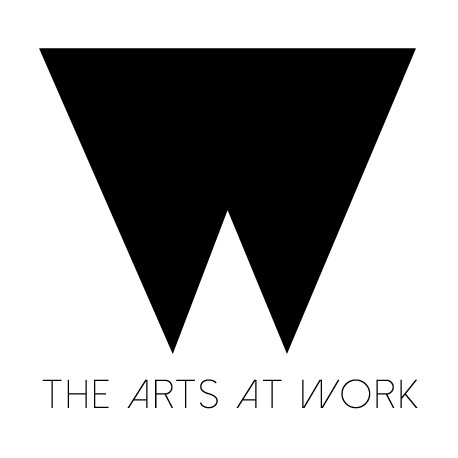Is hipster culture detrimental to the arts sector?
In spite of its significant contributions to contemporary creativity – the transformation in the ways we think about and consume food and drink, technologies that have turbocharged social activism – the hipster generation has done remarkably little to empower professional artists. After 20 years after the culture wars of the 1990s, too many arts and cultural organizations are forced to run on fumes in the name of passion. The arts and culture sector remains tethered to the limiting grant funding apparatus that inhibits financial operations, and therefore prohibits both opportunities for expansion and the ability to offer competitive wages. Technological advances have led to an increase in art production, but it's incredibly difficult to make and sustain a living as an artist because of the parasitic nature of the contemporary audience (everyone wants art, but no one wants to pay for it. Everyone enjoys art, but few appreciate the work that goes into its production).
A generation that prides itself on advancing a sharing economy and congratulates itself on valuing experiences over things, has not used its penchant for innovation to elevate the arts and culture - the ultimate in shared experiences.
Popular culture is largely reductive these days. Writers are recapping television shows after they air instead of creating more meaningful original content. Successful films from decades past are half-heartedly rebooted for contemporary audiences. Design trends are direct, sometimes ironic, rehashes of items from previous eras. We need to encourage artistic innovation that is not driven solely by immediate return on investment or number of unique visitors.
Are hipsters too concerned with using art to curate their own images to truly empower the arts sector?
The technology sector advocates for its workers to “fail better". It's only fair that artists should be provided with the same allowances...to "draft better”.


